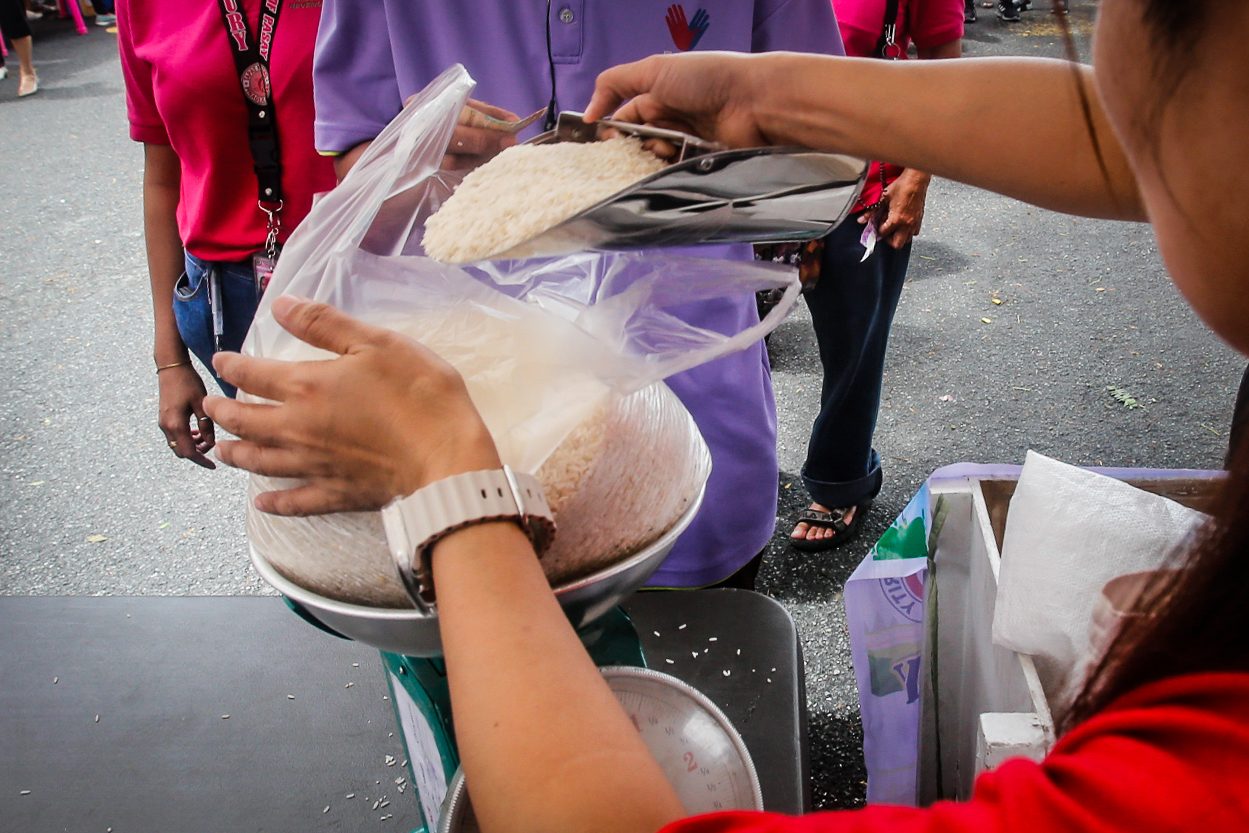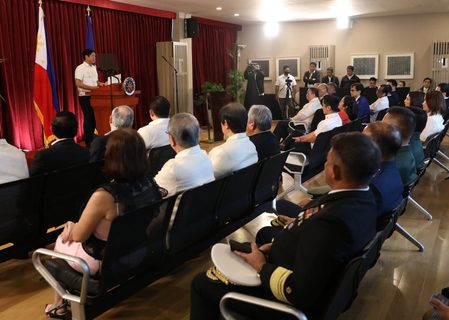SUMMARY
This is AI generated summarization, which may have errors. For context, always refer to the full article.

MANILA, Philippines – The Marcos administration is planning to allot P2 billion from the 2023 budget to assist rice retailers affected by the government’s price cap on the national staple.
It remains unclear where the fund would be drawn from. Speaker Martin Romualdez’s office said in a press statement on Monday, September 4, that House appropriations chairman Zaldy Co is in coordination with Department of Budget and Management Secretary Amenah Pangandaman “to swiftly explore avenues for the allocation of the specified amount.”
The move comes days after President Ferdinand Marcos Jr. signed Executive Order No. 39, which sets the price ceilings at P41 per kilo for regular milled rice, and P45 per kilo for well-milled rice.
The EO takes effect on Tuesday, September 5.
Marcos’ economic team said the order would immediately reduce the price of rice, and discourage hoarding. Before he left for Jakarta, Indonesia, on Monday, the President blamed smugglers and hoarders for causing the rice prices to surge.
However, some groups found it wrong to assume that the jump in rice prices was solely due to hoarding and price manipulation.
“We think that the supply left is very low,” Federation of Free Farmers Cooperatives national manager Raul Montemayor previously said, disputing government claims that the country’s rice supplies are sufficient due to rice imports and surplus in local production.
Think tank Foundation for Economic Freedom also found the price cap harmful, arguing it would be used by traders to justify lowering the buying prices of rice from farmers.
Recto’s suggestion
House Deputy Speaker Ralph Recto, meanwhile, suggested that Congress amend the rice tariffication law (RTL) to authorize direct cash payment to farmers.
He explained that currently, tariff collections returned to farmers under the Rice Competitiveness Enhancement Fund still go to the Department of Agriculture, which decides on how to use the funds.
Under the law, this can be in the form of rice farm equipment, seeds, credit assistance, and extension services, but not for direct payouts to farmers.
“I have always maintained that instead of straitjacketed assistance, we should trust the farmers with the decision on how best to spend the import dividends given to them as indemnity,” Recto said. – Rappler.com
Add a comment
How does this make you feel?




![[ANALYSIS] The political divorce rocking the Philippines](https://www.rappler.com/tachyon/2024/07/TL-duterte-marcos-china-US-feud-july-4-2024.png?resize=257%2C257&crop=303px%2C0px%2C720px%2C720px)






There are no comments yet. Add your comment to start the conversation.